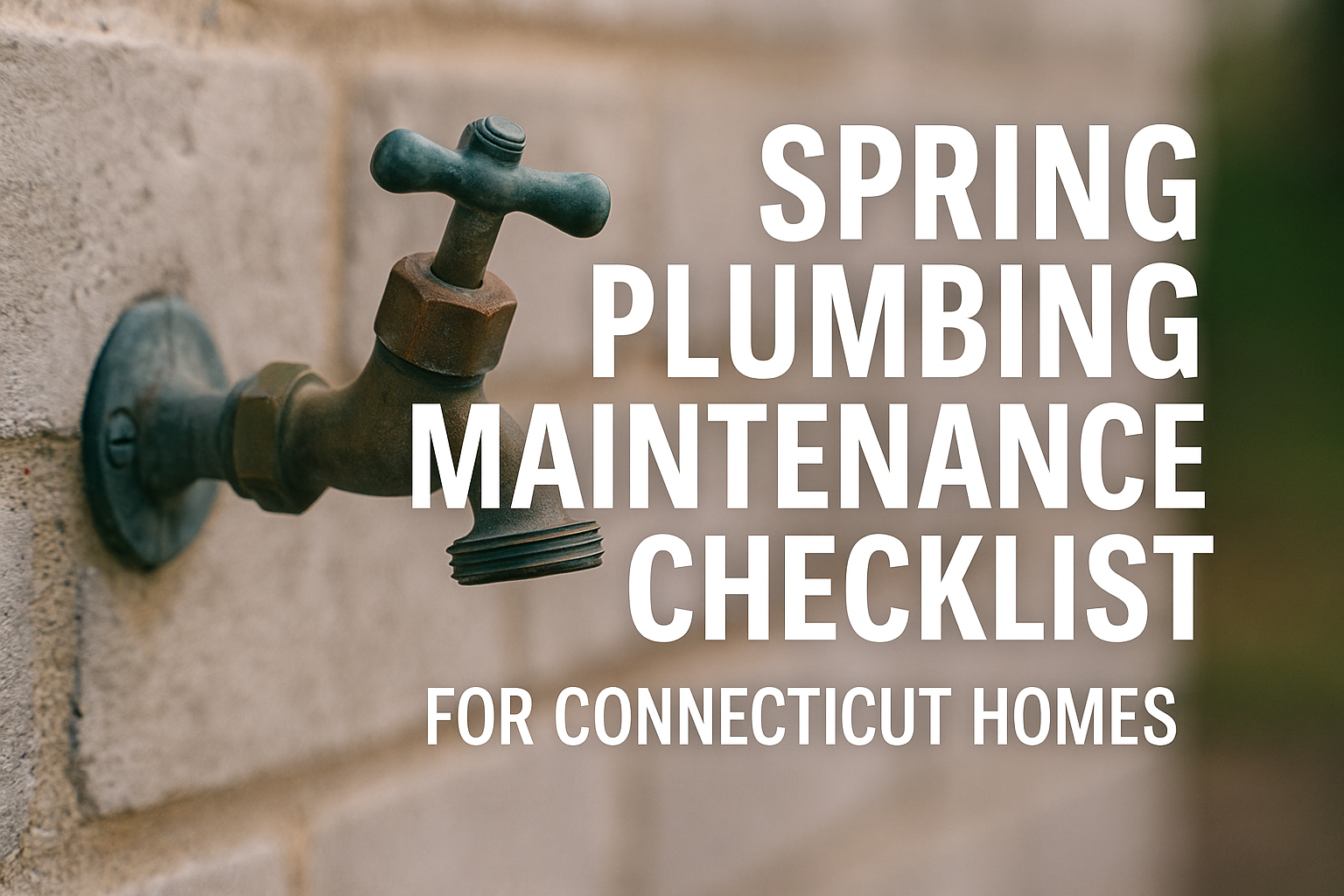Hard water is a common issue for many homeowners in Connecticut, including those in the Danbury area. While it’s not harmful to your health, hard water can have a serious impact on your plumbing system and appliances over time. At Russell Services, we’ve seen firsthand how untreated hard water can lead to costly repairs. Here’s what you need to know and how to protect your home.
What is Hard Water?
Hard water contains high levels of dissolved minerals, primarily calcium and magnesium. These minerals are picked up as water flows through limestone and chalk deposits underground. While safe to drink and use, hard water leaves behind mineral deposits—also known as scale—which can create a variety of plumbing issues.
Signs You Have Hard Water
- White, chalky buildup on faucets and showerheads
- Soap that doesn’t lather well
- Water spots on dishes and glassware
- Dingy laundry that feels stiff
- Reduced water pressure in sinks or showers
- Frequent clogs or slow drains
If you notice any of these signs, it’s likely you have hard water running through your home.
How Hard Water Damages Your Plumbing
1. Pipe Buildup and Blockages
Over time, mineral deposits accumulate inside your pipes, narrowing water flow and leading to lower water pressure or even full blockages.
2. Reduced Appliance Lifespan
Dishwashers, washing machines, water heaters, and other appliances that use water are especially vulnerable. Scale buildup makes them work harder, reducing efficiency and shortening their life.
3. Water Heater Inefficiency
Hard water causes sediment to settle at the bottom of your tank-style water heater, forcing it to use more energy to heat water and increasing your energy bills.
4. Faucet and Fixture Corrosion
The minerals in hard water corrode metal fixtures, causing leaks, discoloration, and early replacement.
What You Can Do About It
1. Install a Water Softener
This is the most effective long-term solution. A water softener replaces calcium and magnesium ions with sodium, reducing scale buildup throughout your plumbing system.
2. Use Vinegar to Remove Scale
Soak affected faucets and showerheads in vinegar to dissolve mineral buildup. This is a good short-term solution but won’t prevent future issues.
3. Regular Plumbing Maintenance
Schedule annual plumbing inspections with Russell Services to catch mineral-related issues before they turn into major problems.
4. Upgrade Appliances with Hard Water Resistance
Some appliances are built to handle hard water better than others. Consider investing in high-efficiency models with protective features.
Final Thoughts
Hard water can slowly and silently damage your plumbing system, increasing utility bills and repair costs over time. Fortunately, there are proven solutions to protect your home. At Russell Services, we offer water testing, softener installations, and expert maintenance to keep your plumbing running clean and efficiently.
If you’re in the Danbury, CT area and suspect hard water might be affecting your home, call us today at 203-994-2357 or visit www.russellservicesct.com to schedule an inspection!





